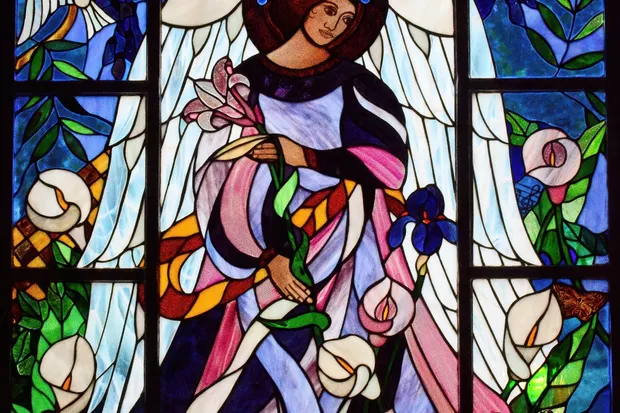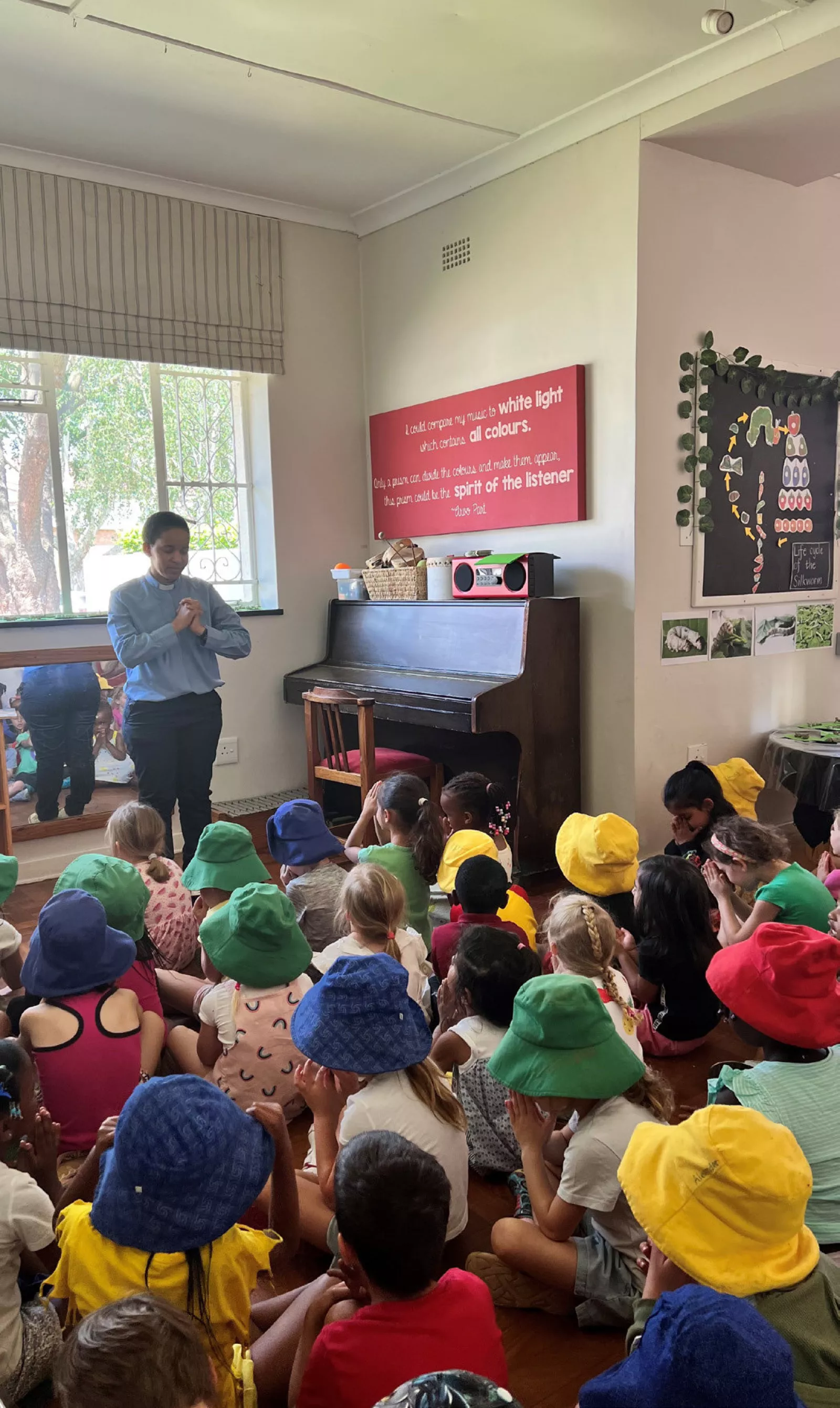Message from the Chaplain: 30 September 2022
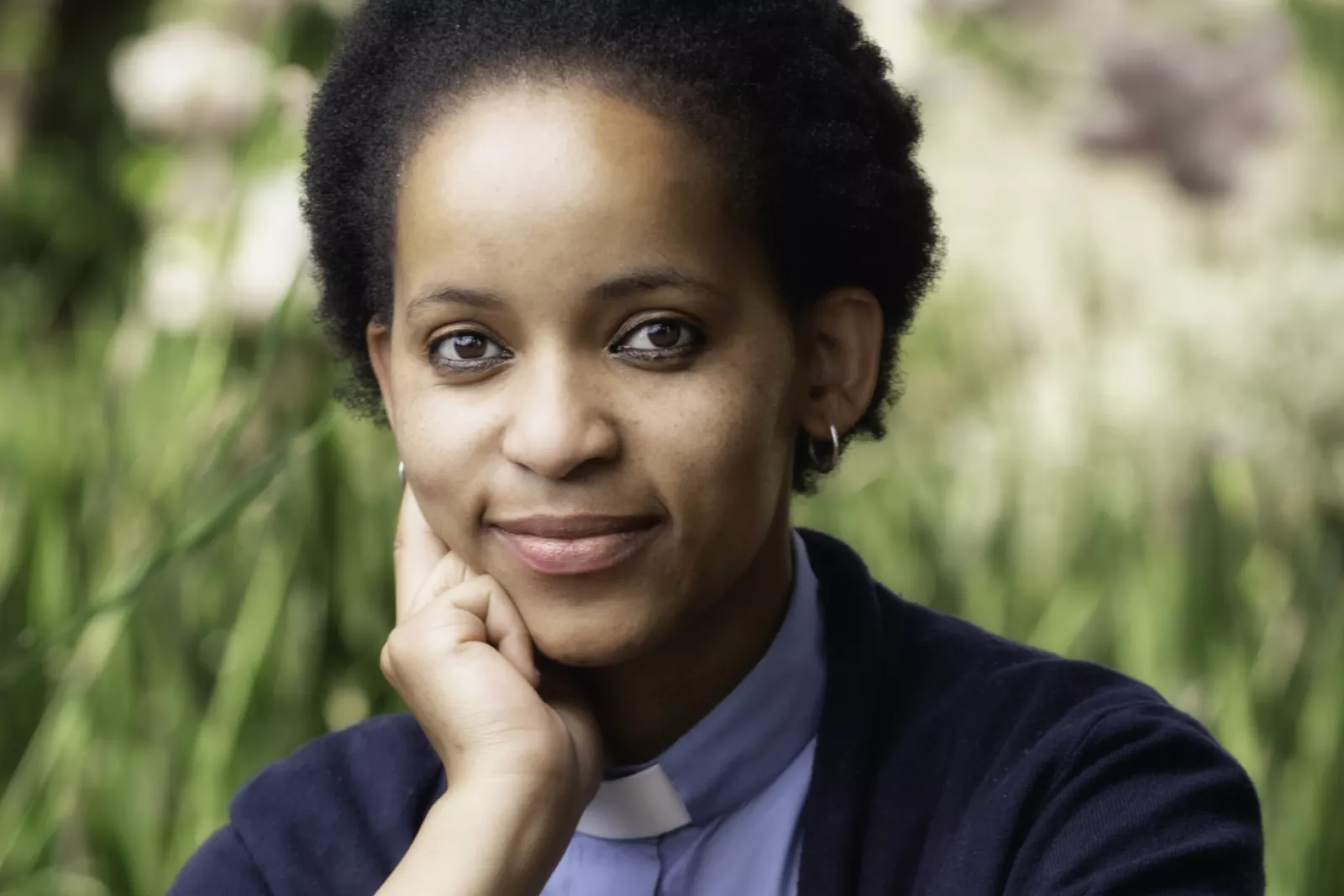
The celebration of Heritage Day led to exciting and spirited discussions. The surprising element in these discussions is that the church has conducted similar conversations - as far back as 1869! Writing on being African and Anglican, Janet Hodgson provides the following examples of the debate on inculturation in the church:
Some Anglicans in Kenya have complained that the African style antiphonal prayers in the Kenyan Holy Communion Service are Pentecostal and Charismatic, “definitely non-Anglican”. In South Africa, the introduction of marimbas (African xylophones) into worship in the 1980s was strenuously resisted as being “un-Anglican”.
These examples are more about resistance to change and the challenge of finding our own voice. The first question is, how do we define African culture in a contemporary context? Culture is dynamic and constantly changing.
The church’s approach to finding its voice in an African context was through inculturation, among other methods. The basic notion of inculturation is the expression of the dynamic relationship between the Christian gospel and world cultures for the consolidation of the faith (Ezechi 2011). Inculturation presupposes an attitude of openness. One of the joys of our school is our language policy and the possibilities it presents us with for inculturation:
The school’s African Languages departments are vibrant and dynamic. In the classroom, our girls read stories that are rich in culture, assisting them to appreciate and embrace culturally diverse backgrounds, and respect others’ culture.
REVD RAKGADI KHOBO
CHAPLAIN
Related News
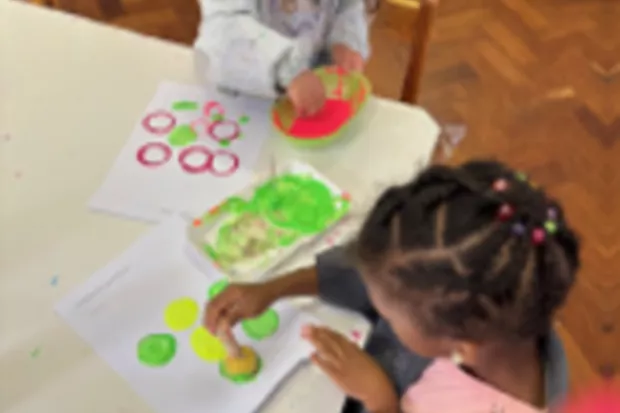
Little Saints News

Grade 0 News
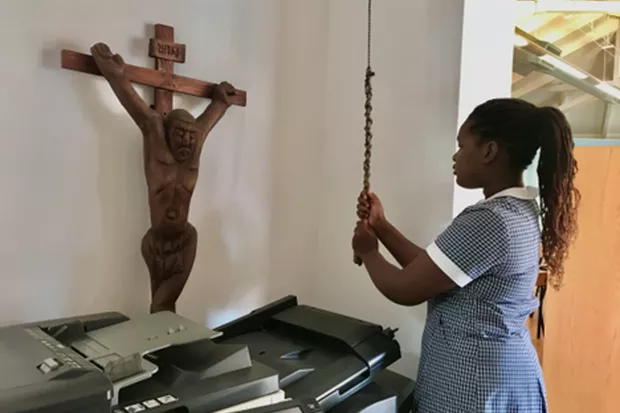
Grade 7 News
